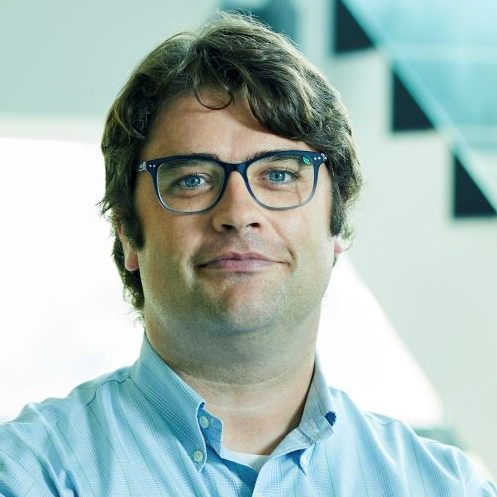Dr
John O’Sullivan
Using Multiomic Technologies to Unravel Heart Failure
This talk will explore novel insights into heart failure. Applying novel technologies – proteomics and metabolomics – to a unique resource – the Sydney Heart Bank – is providing novel insights into this disease. A critical component of this work is bioinformatic analysis that can merge different datasets and different data types together, and uncover the key drivers of disease pathology.
The talk will also cover the emergence of a type of “stiff” heart failure called Heart Failure preserved Ejection Fraction that has taken over as the major heart failure phenotype, driven by the obesity epidemic. Situated at the Charles Perkins Centre, we are uniquely placed to make advances in this field. Combining dietary, microbiome, cardiovascular, sleep, imaging, and omic expertise and technologies to human cohorts and sophisticated model systems will enable critical new insights into this disease.

Dr John O’Sullivan
Clinical-Academic Cardiologist, Royal Prince Alfred Hospital
Group Leader – Cardiometabolic Disease, Heart Research Institute & Charles Perkins Centre, The University of Sydney.
Dr John O’Sullivan is a Clinical-Academic Cardiologist at the Royal Prince Alfred Hospital and Group Leader in Cardiometabolic Disease at the Heart Research Institute and Charles Perkins Centre of the University of Sydney. John undertook his internal medicine, cardiology, and PhD training in Ireland, and then spent 4 years at Massachusetts General Hospital and Harvard Medical School studying functional genomics and metabolomics. John studies the cardiovascular consequences of obesity and related diseases such as diabetes. He is particularly interested in diabetic cardiomyopathy and cardiac metabolism in HFpEF, and the dietary-microbiome-metabolome-cardiovascular disease axis. He utilizes his clinic, murine models, cardiac tissue slice model, iPSC-cardiomyocytes, Langendorff perfusion, stable-isotope tracing, the Sydney Heart Bank, and close collaborations with colleagues at the Charles Perkins Centre to address fundamental questions in these research fields.
